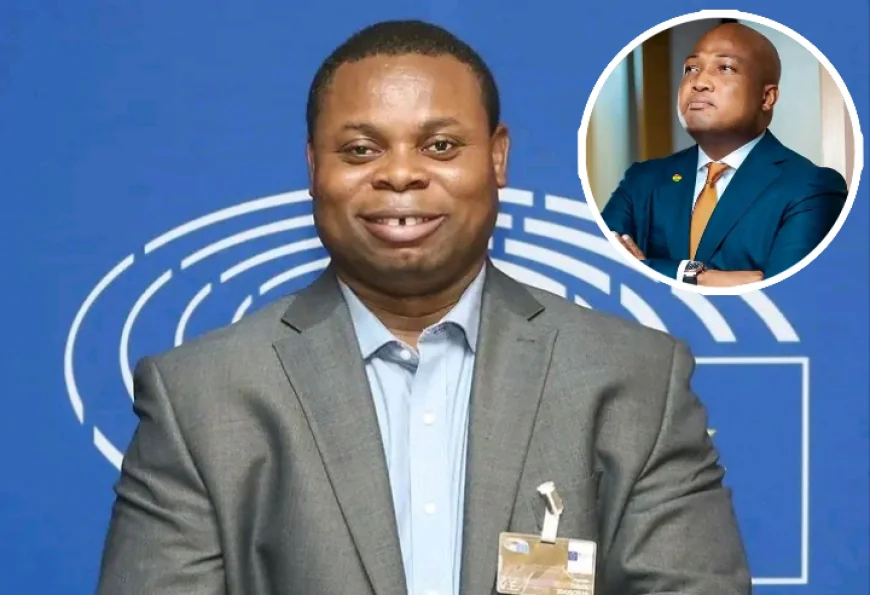IMANI Africa Boss Criticizes Foreign Minister Ablakwa Over Response to U.S. Senator: “He Missed the Point”
Franklin Cudjoe Faults Ablakwa’s Rhetoric on Slavery and Imperialism, Says a More Measured Response Would Have Been Wiser

President of policy think tank IMANI Africa, Franklin Cudjoe, has publicly disagreed with Ghana’s Foreign Minister Samuel Okudzeto Ablakwa over his sharp rebuttal to U.S. Senator Jim Risch, saying the Minister’s response lacked tact and diverted from the core issue of debt accountability.
In a strongly worded social media post, Cudjoe described Senator Risch’s comment as a “harmless suggestion” and criticized Ablakwa’s reference to colonialism, reparations, and Kwame Nkrumah as unnecessary and unrelated to the matter at hand.
“I do not understand our Foreign Minister's response to a harmless suggestion by a U.S. Senator that he pays attention to committing Ghana to paying debts owed to American companies,” Cudjoe wrote.
■ Background to the Diplomatic Tension
Senator Jim Risch sparked controversy earlier this week with a post on social media urging Ghana to prioritize repayment of debts owed to the U.S. companies instead of favouring larger commitments to China. He also implied that continued U.S. support to Ghana could be reconsidered if the issue was not addressed.
In response, Foreign Minister Ablakwa fired back, accusing the Senator of neocolonial arrogance and reminding him of the United States’ historical debts to Ghana and Africa in the form of slavery reparations.
■ IMANI’s Counterpoint
Franklin Cudjoe believes Ablakwa’s response was disproportionate and missed a diplomatic opportunity. He offered what he considered a more appropriate and strategic reply:
“A simple answer along these lines would have sufficed: ‘Dear Senator Risch, while I disagree with your call to prioritize Ghana's debt obligations to America… may I remind you that these debts were contracted under the previous government and must be verified.’”
Cudjoe went further to point out that the United States has already withdrawn USAID support to Ghana—funding worth nearly $160 million annually—making the Senator’s claim of “subsidizing Ghana” misleading.
“So really, you will not be subsidising Ghana,” he concluded.
■ Broader Implications
The public clash between Ghana’s top diplomat and a U.S. Senator, coupled with internal criticism from a respected Ghanaian policy expert, highlights the sensitive balancing act facing African countries navigating foreign debt diplomacy amid shifting global alliances.
While Ablakwa’s response may resonate with citizens who favour pan-Africanist rhetoric and assertive diplomacy, Cudjoe’s remarks underscore a contrasting view that Ghana must engage powerfully, yet pragmatically, in global affairs.


